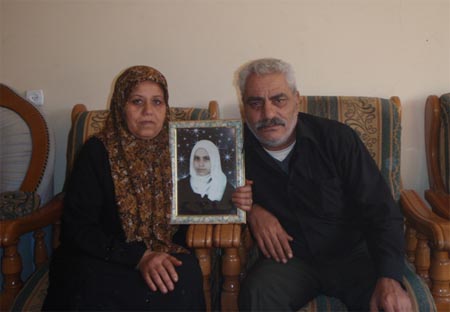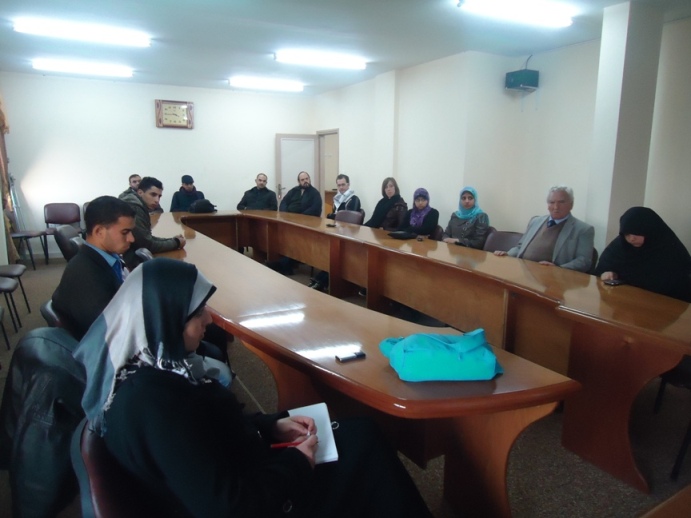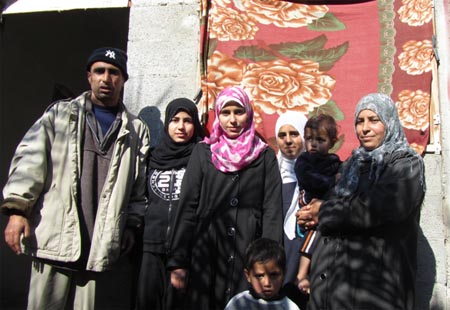-
9 January 2009 – The Abu Oda family
9 January 2012 | Palestinian Centre for Human Rights “The Israeli military say they are the most moral army in the world, but they killed my daughter, they didn’t respect her right to live” On 9 January 2009, the Abu Oda household in the Al Amal neighbourhood of Beit Hanoun came under sustained fire from […]
-
The Occupy movement and Palestine
by Yousef Aljamal 9 January 2012 | Center for Political and Development Studies The Occupy movement is an international protest movement directed primarily against economic and social inequality. The first Occupy protest to receive wide coverage was Occupy Wall Street in New York City’s Zuccotti Park, which began on September 17, 2011. It was noticed […]
-
8 January 2009: The Al-Rahel family
8 January 2012 | Palestinian Centre for Human Rights “The other children keep talking about Dima and the memories of both incidents. ‘We wish to die like Dima’ is what the children sometimes say to me because of all the stress and our poor living conditions.” On 8 January 2009, at approximately 11:00, four missiles […]
Action Alert An Nabi Saleh Apartheid Wall Arrests BDS Bethlehem Bil'in Cast Lead Demonstration Denial of Entry Ethnic Cleansing Farmers Gaza Global Actions Hebron House Demolition International law Israeli Army Jerusalem Live Ammunition Nablus Ni'lin Prisoner Ramallah Rubber-coated steel bullets Settlement Settlers Settler violence Tear-Gas Canister Video



